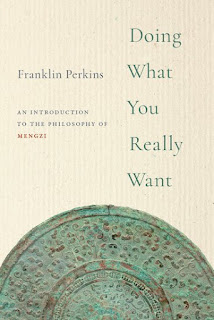
About the book, from the publisher:
Exiles have long been transformative actors in their homelands: they foment revolution, sustain dissent, and work to create renewed political institutions and identities back home. Ongoing waves of migration ensure that they will continue to play these vital roles. Rather than focus on what exiles mean for the countries they enter--a perspective that often treats them as passive victims--The Ethics of Exile recognises their political and moral agency, and explores their rich and vital relationship to the communities they have left. It offers a rare view of the other side of the migration story.Visit Ashwini Vasanthakumar's website.
Engaging with a series of case studies, this book identifies the responsibilities and rights exiles have and the important roles they play in homeland politics. It argues that exile politics performs two functions: it can correct defective political institutions back home, and it can counter asymmetries of voice and power abroad. In short, exiles can act both as a linchpin and a buffer between political communities in crisis and the international actors who seek to, variously, aid and exploit them. When we think about the duties we owe to those forced to leave their homes, we should consider how to enable rather than thwart these roles.
--Marshal Zeringue







































